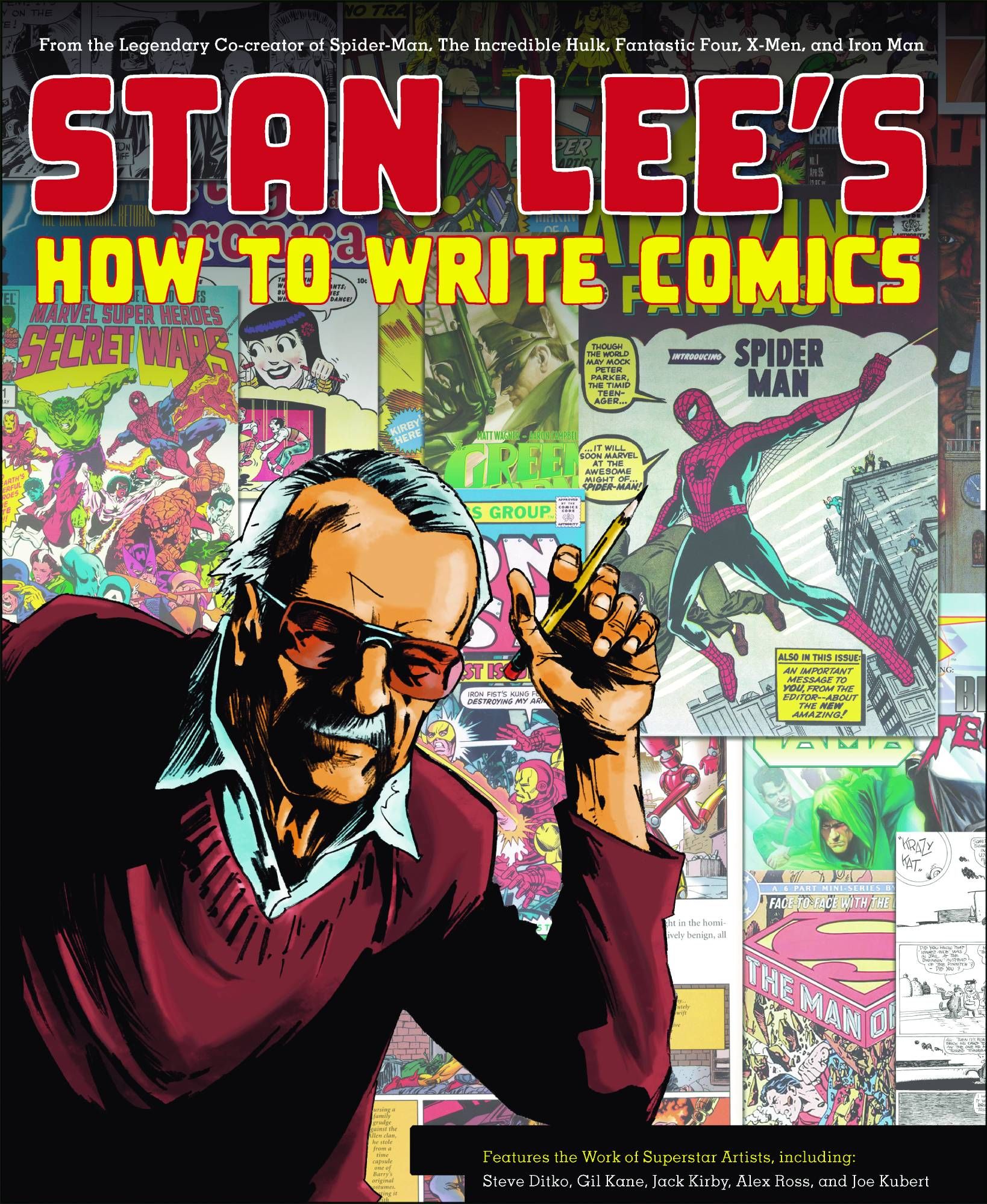Related
Summary
Stan Leespent X at the cutting edge of the amusing book manufacture , and is rightfully revered as one of it ’s primary architects . In increase toa prolific risible creator , who innovate the world to most of Marvel ’s first wave of iconic superheroes , Lee was also a passionate defender of the medium , refusing to allow anyone to devalue comedian so as to favor other , more honored material body of art .
The Comics Journal#42 , from October 1978 , sport a detailed transcription of Stan Lee ’s panel from the Fine Arts Festival at James Madison University in March of that year . The high spot of the wide - range conversation was Lee ’s vehement defence mechanism of comics as an graphics form , and his firing of the musical theme that strip should , or even can , be considered deferential to more " serious " artistic forms .
Deconstructing the very notion of separating what " is " and " is n’t " art , Lee noted , " I ’ve been arguing that subject , or discussing it , all my life-time , " before launching into an graceful ratification that comedian are , definitively , art .
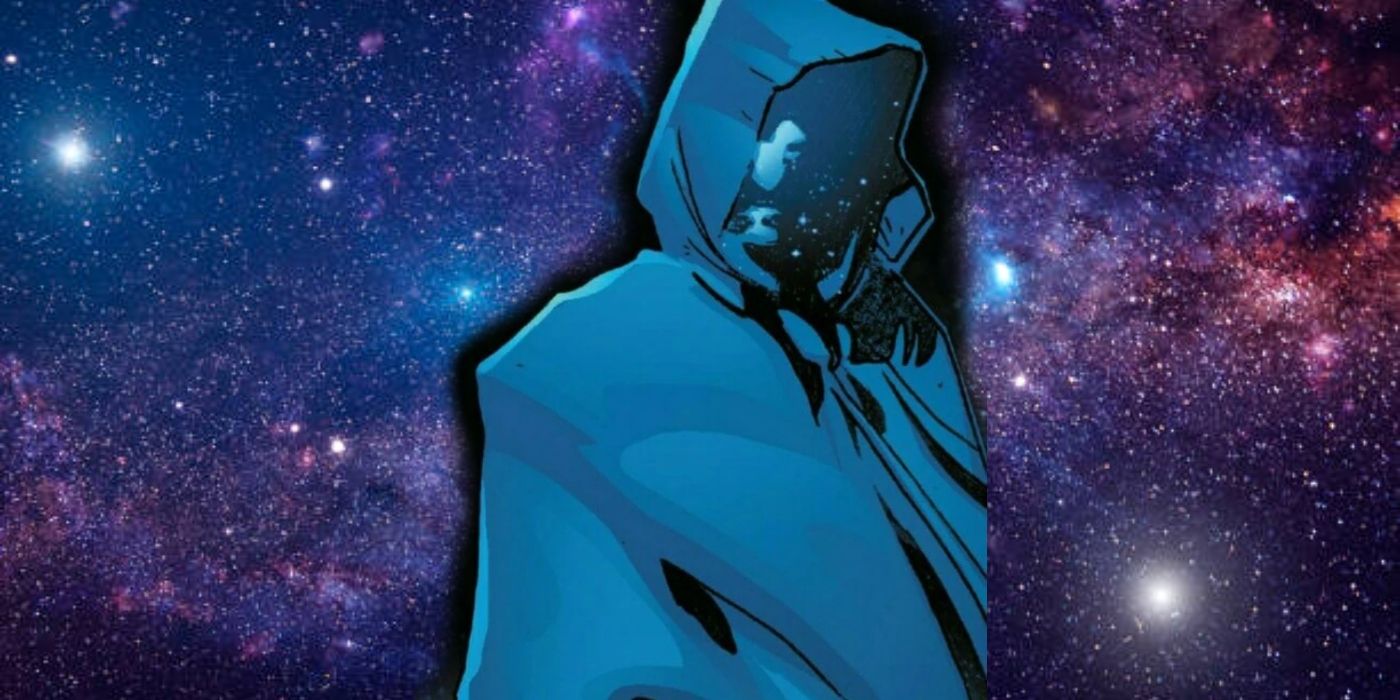
2023 saw the most concentrated effort to blow up Marvel ’s world in the company ’s history , an elaboration of lore that would make Stan Lee ’s drumhead spin .
Stan Lee: “I’d Rather Read A Good Comic Than Listen To A Bad Opera”
" I do experience that comical books are art,“Stan Leetold the bunch James Madison University ’s Fine Arts Festival in former 1978 . " Just as plays are art , and pic , and television , and sculpture and concert dance and dance are art . " He further noted that any creative attempt qualified , to him , as art . Instead , the question became a matter of quality , rather than status . He liken comic script to opera , stating thatwhile " comics presently do not savour the prestigiousness of opera , " that does not mean all opera is inherently more valuable than all comical book .
As Lee explain to the interview :
I suppose there can be salutary comics , there can be beneficial opera , there can be bad comics and there can be spoilt opera . I ’d rather read a right comic than listen to a forged opera . I ’d rather listen to , or see , a bad opera than say a uncollectible comic . I suppose that calibre is the big determination for any form of the medium .
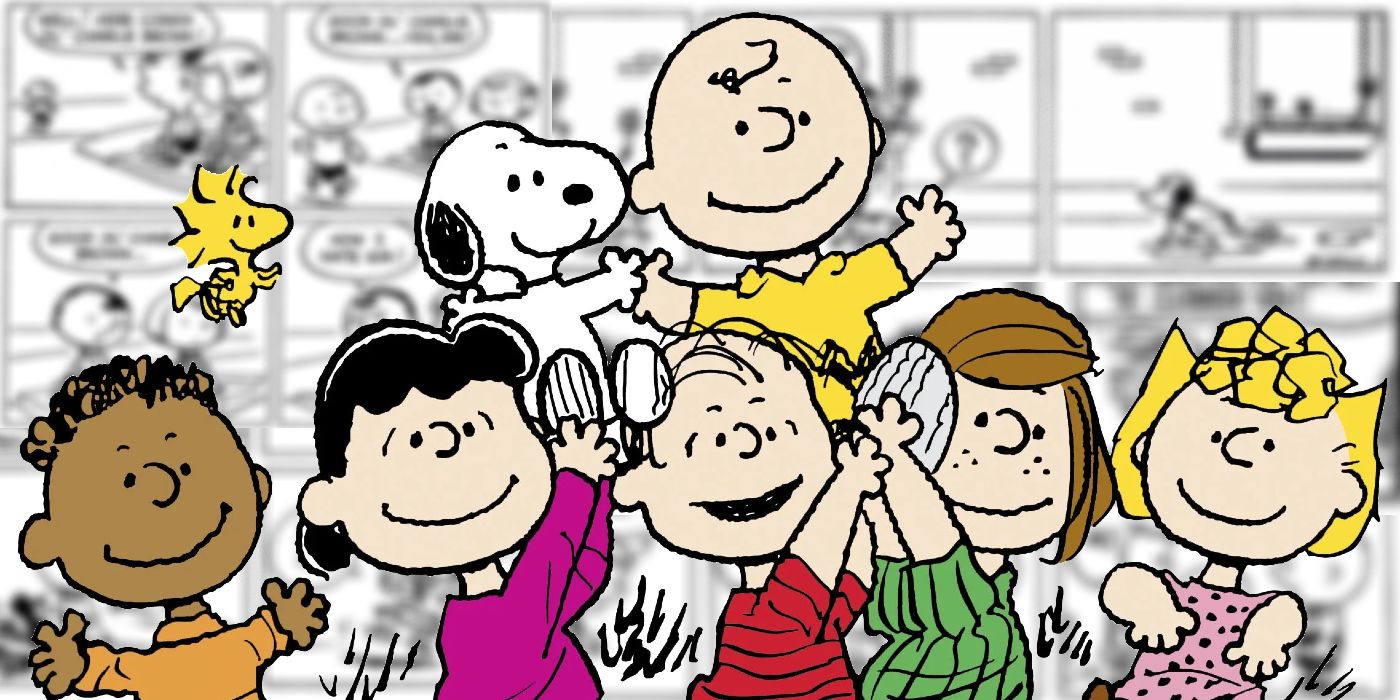
Understandably , he ’s somewhat one-sided in favor of his medium – but this bias cut both ways . " I ’d rather listen to a bad opera than read a regretful comic , " the writer goes out of his way to elucidate as he makes his decimal point , indicating the in high spirits standards he has for his own art form . Even as he ’s fend for comics as a legitimate prowess signifier , he does admit to considering there to be some form of artistic pecking order . Good comic may outrank risky opera , but even bad opera is preferred to a big comic .
But in a good opera , for instance , the best operas take us somewhere we ca n’t go ourselves , and that ’s a rather cliché definition for art that you discover sometimes : that it shows us thing we would n’t see otherwise . I do n’t cogitate that definition is applicable to comic book . Would you disagree ?
Of course , Stan Lee decidedly disagree . In a monologue that is still relevant to this same on-going give-and-take today , the legendary Marvel creatorwent on to redeem a substantial explanation as to why he did not agree , while also unpacking Goldstein ’s own integral bias against the amusing book medium .

“I Don’t Know How Many People Would Have Ever Seen Asgard Unless They Read Thor”
Stan Lee listed several examples of direction his comic Christian Bible work paroxysm Ezra Goldstein ’s definition of art , for the purposes of their conversation , which Goldstein himself acknowledge was " somewhat cliché . " In addition to taking readers to the realm of Asgard , he gave readers the chance to find " a guy shoot spider webs , " and all style of thing they might never have conceived of , had he not done it for them . " I guess it depends on what the observer looks for in the product , " he reason out , venturing to say that :
I ’m sure that there are flock of people who readThe Hulkwho get nothing out of it , and there may not be that much in it . But there are many other the great unwashed who read theHulkwho find they have enjoyed a rare worked up experience .
Here , Lee transitioned into a discussion of " mellow " and " low " artistic creation .
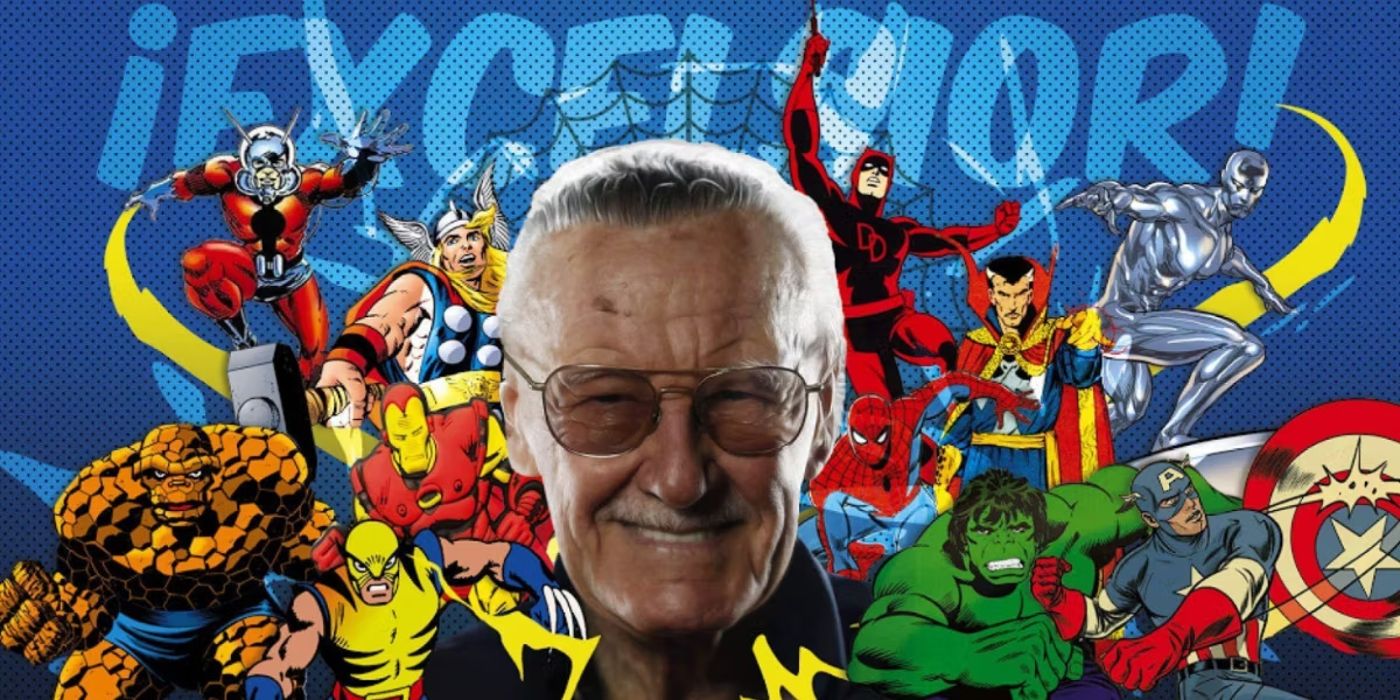
arouse democratic law-breaking novelist Mickey Spillane , andValley of the Dollsauthor Jacqueline Susann , Stan Lee noted that this was becoming " a discussion of pop culture vs. ' civilization , ' with quotes around it . " He explain that his lifespan amour in the fine art humankind had led him to have intercourse as many " fine artist " as he did commercial creative person , observe that he had,“in many ways , more respect for the commercial artist than for the fine creative person , because commercial art is a subject field . "
" You not only have to please yourself , but you have to please other people , " Lee said of commercial artists . " [ You have to please ] a client , you have to please the public . " As an artist , this was always Stan Lee ’s first and foremost goal : to please the public . In all his body of work , heconsistently seek to justify his hearing ’s investiture of their metre , care , and money in his art , by give them something more valuable than , at least , a bad opera . By giving them a good comic .
“I’d Like To Think Someday They Could Read One Of My Stories And Get Something Out Of It.”
The remainder between a okay artist and a commercial creative person might be captive , Lee explicate , but this also changes how the creative person go up their work , and how it is receive .
When you ’re a fine artist , you do your matter ; and if your thing consists of grow a monkey to dunk its manus , or claw , or human foot , or whatever they call them , in paint , and splash it on canvas , and then ifPeoplemagazine wants to give you a write - up , and if people want to buy the paintings , and call it art , nobody can knock it .
Lee then turn his tilt back to the novel , this time bringing some of literature ’s greatest heavyweights into the conversation to apply his point . " Shakespeare was not a okay author , " the comical book original prompt the audience at the Fine Arts Festival . " Shakespeare was a commercial-grade writer . Charles Dickens was a commercial writer ; he was the Mickey Spillane of his daytime . "
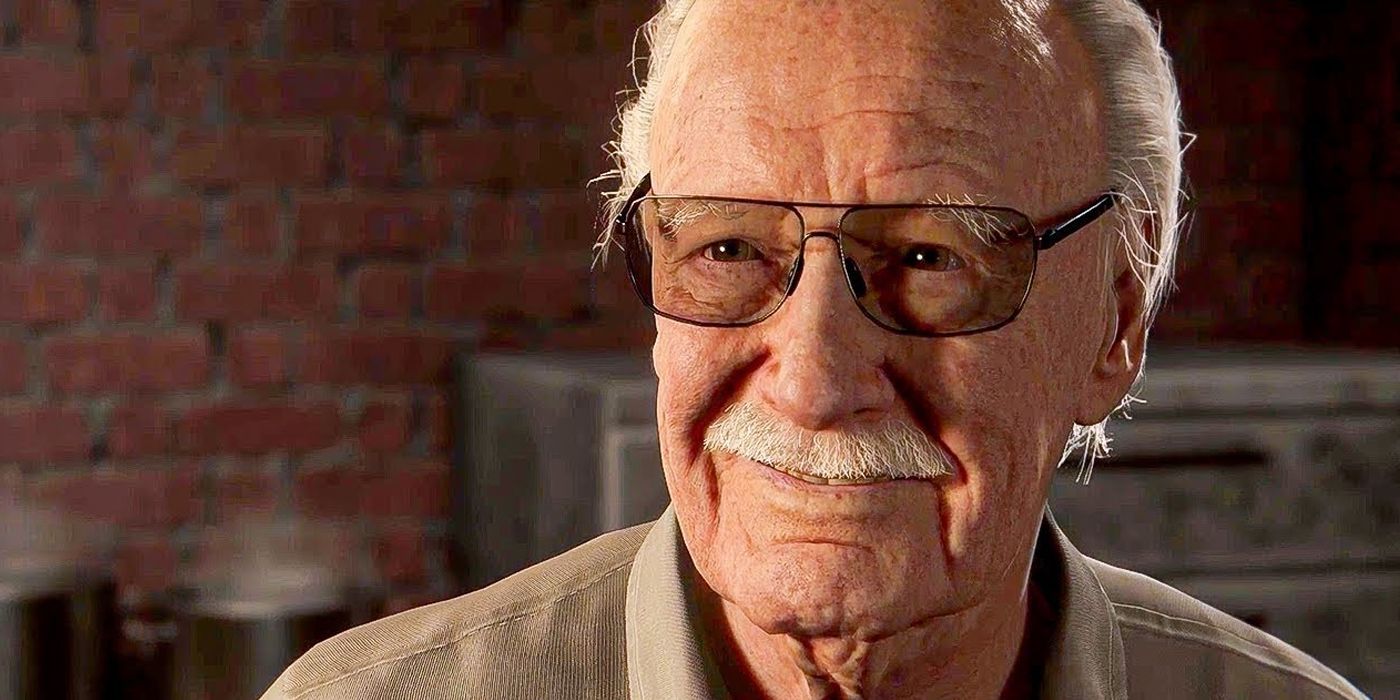
The author further emphasized : " I do n’t cogitate we can really predict what will last , and what ’s good at the moment . " rather , he suggest , the current geological era ’s " lowly " or " throwaway " art could , in fact , be the go work examine by future generations . " We might very well be studying the art of John Buscema some Clarence Day in the future , " referencing the contemporary comic book artist , " and talk about it the way we speak about Michelangelo . " In this way , Stan Lee made it undeniably clear that dismissal of the comic rule book medium is a shortsighted prospect of art .
" I ’d care to think that someday they could read one of my stories and get something out of it , " Lee added . Of course , from thegenerations of natural endowment he has influenced , to books likeStan downwind : How to Write Comics , to hisperennial Marvel film cameosup to his destruction , American civilization has gotten more out ofStan Leethan he could have possibly imagined when his career started in the late thirties , or even when he gave this language at the 1978 James Madison University Fine Arts Festival .
Source : The Comics Journal
